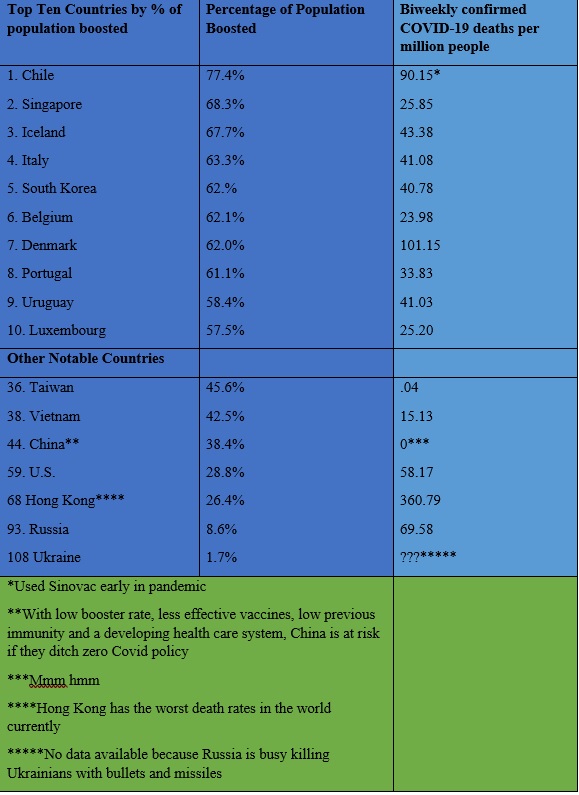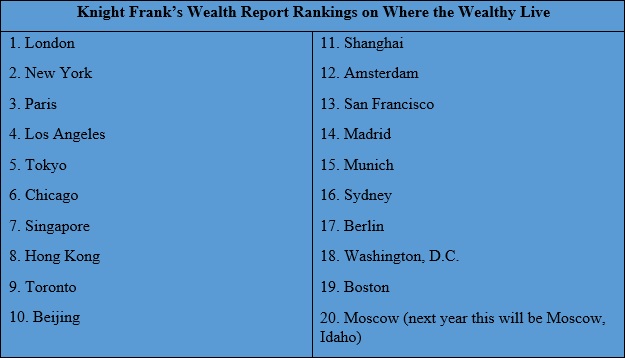Many years ago on Yuzhno-Sakhalinsk, the farthest part of the Russian Far East, we celebrated completing another stage of a project we were working on with the well-meaning knowledgeable Elena when the 400-plus pound deputy mayor stormed into the room with an open bottle of champagne demanding we celebrate with him. And so we did. After many champagne toasts the celebration moved to a restaurant the deputy mayor took us to. We walked in where he was greeted warmly and then lead downstairs to a private room in the basement. There I strategically sat between the deputy mayor and the wife of one of my colleagues who the deputy mayor had taken a liking to. It turned out to be a greater sacrifice than I anticipated since by sitting next to the deputy mayor I had to match him drink for drink (refusing a drink he did not allow) and the deputy mayor outweighed me by at least 300 pounds.
About midway through our dinner a gaggle of men, dressed in what looked like stereotypical Russian mafia garb, entered the room and sat at the large table next to ours. The deputy mayor leaped from his seat and enthusiastically, very drunkenly greeted them, because they were indeed the Russian mafia. Clothes make the man apparently. Throughout the rest of our celebratory feast the deputy mayor brought members of the mafia party to our table for a celebratory toast. At the end of the dinner the deputy mayor insisted we drive to one of the mafiosos homes to drink his fine Armenian cognac. When I say “we drove” what I actually mean is the very drunken Russian mafia guy drove—I don’t have the Excel spreadsheet handy to prove it but I would estimate that 47 percent of my rides in Russia were at the hands of very drunken Russians. We drank what was indeed very fine Armenian cognac until the early morning hours, eventually went back to our hotel, slept for an hour and then my colleagues and I made a presentation to a group of Russians working to improve their fine town.
This is all to say that you will find Russians of all stripes, both pleasant and kind, but also degenerate and many, at least in that era, raging alcoholics. It pains us today to see people boycotting Russian restaurants and banning many admirable Russians from performing in concert halls or athletic arenas. Our legitimate beef is with Putin and his government, not with ordinary Russians. As one religious leader said*, fight authoritarians not ordinary people. As we sober up from this introduction we examine the pandemic that many think is past, where the wealthy live and why asking whether China can help with Russia is the wrong question. It’s this week’s International Need to Know, the year-round spring of international news, sprouting data and information from fallow and fertile ground alike.
*Actually we’re not sure any religious leader has ever said that. Maybe we should enter seminary or yeshiva and upon graduation sing it to the hills
Boosters, Covid and Sinovac
The world has moved on from Covid and we have too in some ways, including traveling to New Orleans two weeks ago, with another trip planned to San Diego. And yet Covid has not moved on from us. An astonishing number of people continue to die around the world. The good news is that in the U.K. the fatality rate from Covid is now below the historical death rate from the flu. The U.K. has a high percentage of its people having received a booster shot. But, of course, countries benefitting from high vaccination rates is complicated by the types of vaccines that are used. Chile’s death rate has increased over recent weeks even though it has a high rate of vaccination and boosters. Could this be because of early use of the much less effective Sinovac vaccine? Hong Kong is a complete catastrophe as you can see in the table below. Of course, in addition to booster shots, the other great solution at hand is Pfizer’s very effective Paxlovid treatment. The problem is Paxlovid is not at hand, at least not in most countries. And, there has been very little effort made by the U.S. or other rich countries to spend money to increase the manufacture of the treatment. In fact, in the U.S., the recently passed gargantuan spending bill does nothing to address this shortfall. 2022 will continue to be the year of many needless deaths from Covid (and from war, alas).
Where the Wealthy Live
Wealthy individuals have been in the news lately, or at least Russian ones have, the so-called oligarchs.* Many of those are suddenly finding the living not so easy, or at least not as easy as billionaires are accustomed, thanks to a leader who invaded another country, is committing war crimes and consequently is wrecking his country’s economy. But where do the wealthy live, or at least have real estate, both Russians and other Ultra High Net Wealth Individuals (UHNWI)? Knight Frank’s recently released annual Wealth Report purports to tell us. As you can see in the list of the top 20 cities below, London is number one (Et Tu, Brexit, you are not so destructive?), followed by New York, Paris, Los Angeles and Tokyo. We are surprised that Hong Kong remains in the top ten but perhaps that is a function of how many Chinese UHNWI now exist. Beijing being number 10 perhaps buttresses this presumption. You will note that Moscow is number 20, just behind Boston (really? Boston?). It says something about us that if we were an UHNWI (which sounds like the name of a disease you go to see a urologist for), our first grand mansion would be bought in none of the cities on the list but rather…well, you know where.*Oligarch is a misnomer. Russia’s wealthy have not ruled Russia for at least a decade as this excellent Financial Times article documents.
China Corner: What China Wants Out of Ukraine
A number of people have asked if China can be helpful in the Ukraine situation. They point us to the op-ed in the New York Times by Wang Huiyao or other recent articles and essays written by Chinese think tanks and analysts. All of these statements, op-eds and articles are more than likely coordinated by Beijing (or are censored in China) and are another sign of how badly the invasion has gone for Russia, which means how badly it has gone for China. But in asking us the question of whether China can’t convince Russia to negotiate or end the invasion or in some other way be helpful, folks are distracted by what China wants to accomplish. China has made very clear that it will use all international events, including Russia’s invasion of Ukraine, in its effort to be the dominant player in the world. I use the word “dominant” because that is how Xi phrased it in a speech he gave shortly after becoming president (and republished in 2019) when he said China must lay “the foundation for a future where we will win the initiative and have the dominant position.” We outlined this in a recent Twitter thread. Putin has often talked about the need to destroy the liberalized world order and has actively tried to do so. China sees Putin as an ally in their goal to remake the order to China’s liking: one that makes the world safe for authoritarianism. It is true by backing Putin’s invasion of Ukraine that China has miscalculated. The invasion has, at least so far, united the free world, and awoken leaders and millions of people to the dangers of the re-rise of authoritarianism. But we shouldn’t misunderstand China’s strategic miscalculation for a change in China’s mid and long term goal. Even if China changes course and stops backing Putin and Russia’s invasion of Ukraine, it will not be because it no longer wants to achieve the dominant position in the world and in doing so radically change the liberalized world order. It will be because it perceives such a move will more likely help it in achieving that goal. The free world, so recently united by Russia’s invasion, needs to engage and deal with China with that reality in mind



